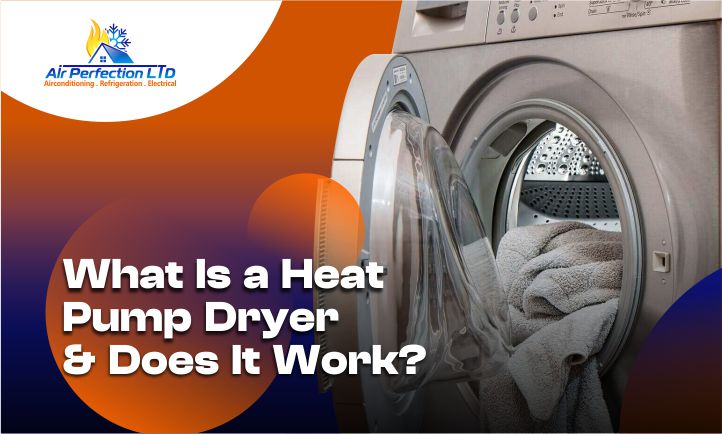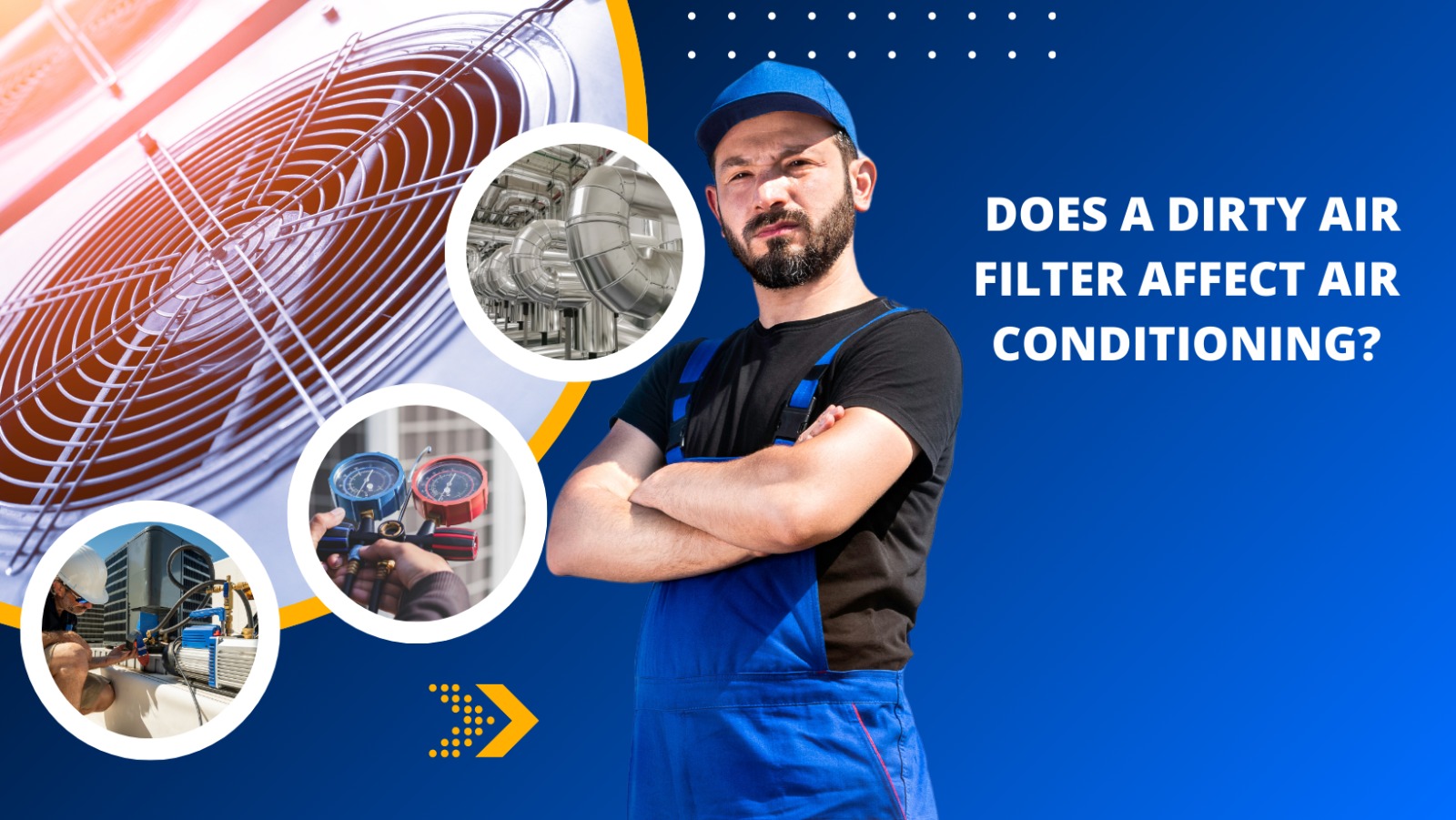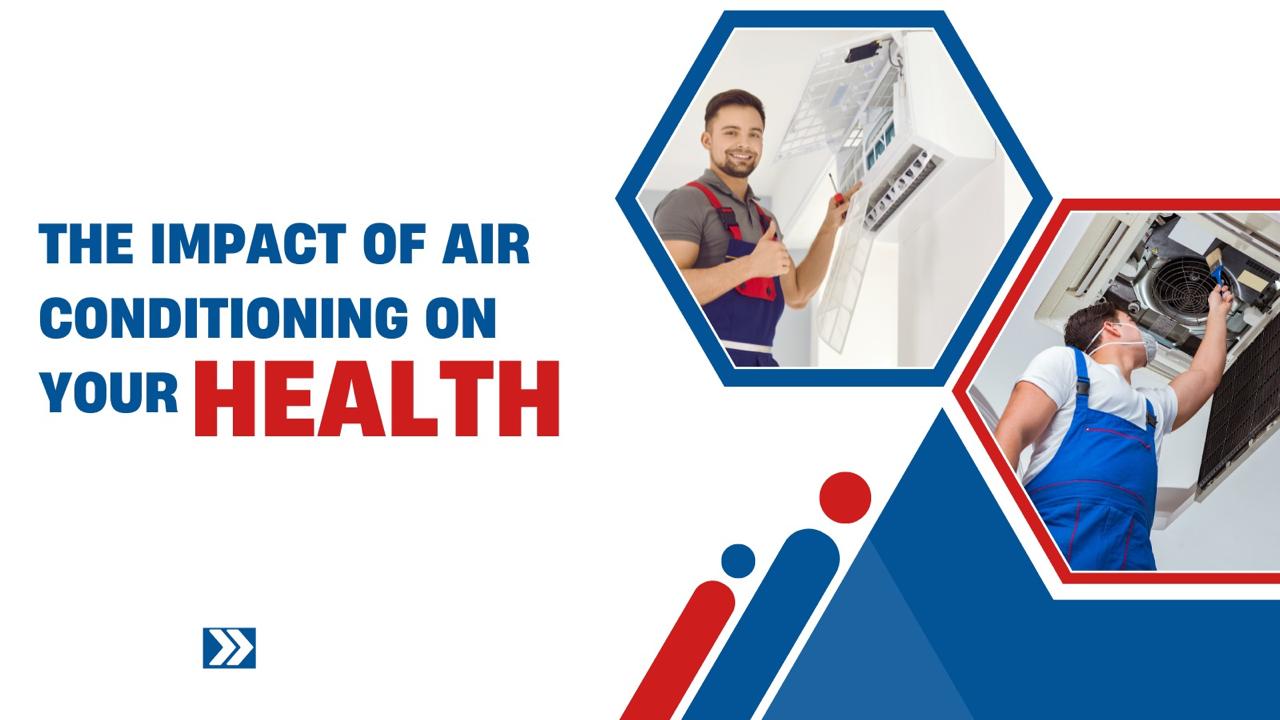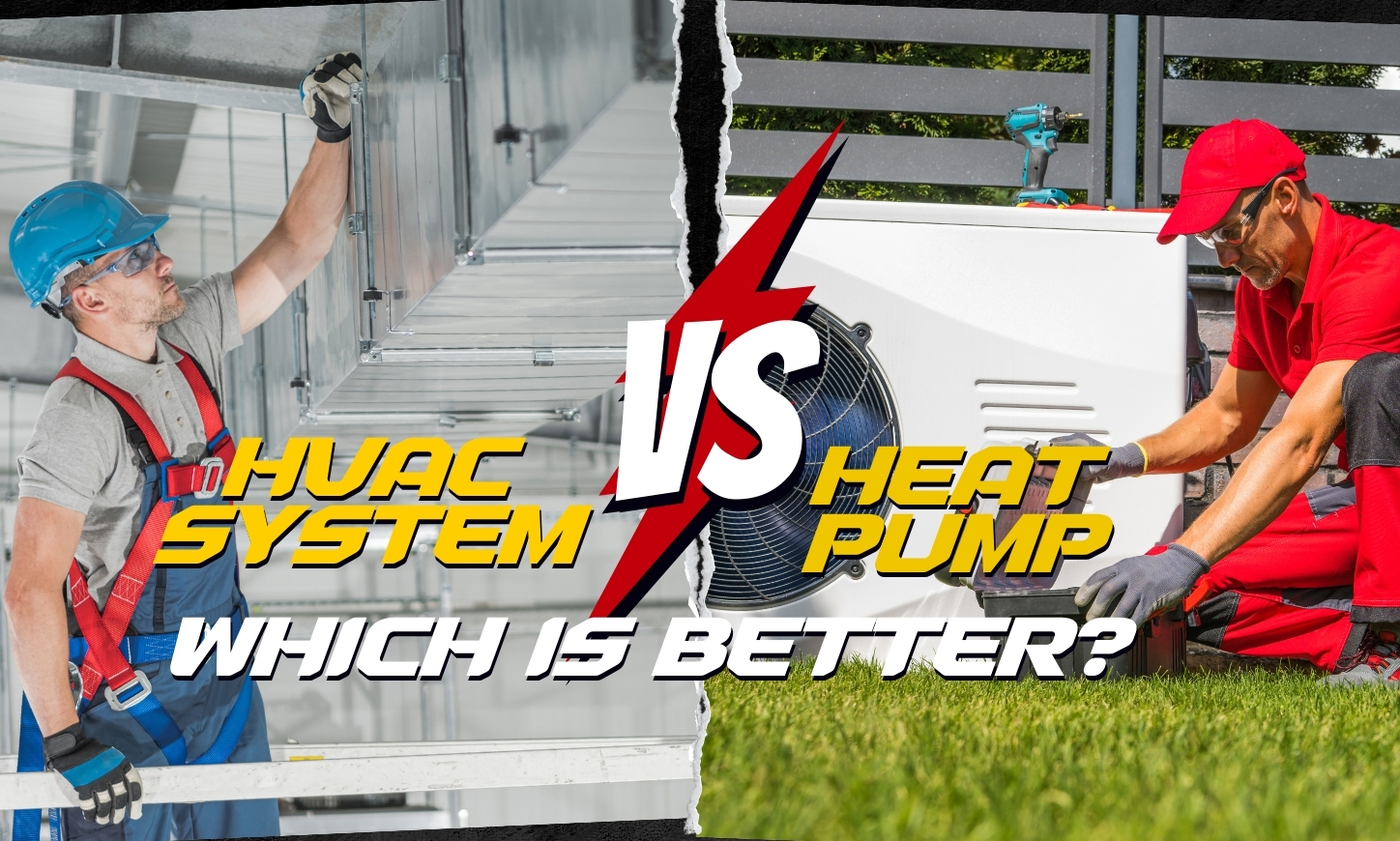Traditional dryers have long been a household staple, utilizing familiar vented or condenser technologies. However, the landscape is changing with the introduction of heat pump dryers, offering a more energy-efficient and environmentally friendly approach to clothes drying.
This blog post from HVAC Company delves into the workings of heat pump dryers NZ, exploring their components, operation, advantages, and potential drawbacks.
Understanding Heat Pump Dryer
Heat pump dryer operates on a fundamentally different principle than their traditional counterparts. These innovative appliances utilize a heat exchange process, harnessing the power of refrigerants, compressors, and condensers to dry clothes efficiently.
The key components, including the heat exchanger and compressor, work together to create a closed-loop system that maximizes energy efficiency while minimizing environmental impact.
How Heat Pump Dryers Work
The step-by-step process of drying clothes with a heat pump dryer begins with the evaporation of moisture from the clothes. The heat pump then facilitates heat exchange, transferring warmth to the clothes while extracting moisture.
The condensed water is collected and reused in the drying process, contributing to both energy conservation and cost savings. This cyclical approach sets heat pump dryers apart from their conventional counterparts.
Advantages of Heat Pump Dryers
The advantages of heat pump dryers are multifaceted. Their foremost appeal lies in energy efficiency, leading to substantial cost savings for consumers. Beyond financial benefits, these dryers operate at lower temperatures, ensuring gentler care for fabrics.
The environmental impact is also significantly reduced, making heat pump dryers a conscientious choice for eco-conscious individuals. Moreover, their versatility in installation options adds to their appeal in various living spaces.
Potential Drawbacks and Considerations
While the benefits are compelling, potential drawbacks and considerations must be acknowledged. The initial cost of heat pump dryers tends to be higher than traditional models.
Additionally, some users may notice slightly longer drying times. Maintenance and repair considerations should also be factored in, and compatibility with different fabrics requires attention to ensure optimal results.
Comparing Heat Pump Dryers to Traditional Dryers
A comprehensive comparison between heat pump dryers and traditional models reveals notable differences. From energy consumption and operating costs to performance and drying times, the advantages of heat pump technology become evident.
The blog post will provide readers with insights to make informed decisions based on their specific needs and priorities.
Heat Pump Dryer vs Condenser Dryer
Regarding modern laundry appliances, choosing between a heat pump dryer and a condenser dryer can significantly impact your energy efficiency, drying times, and overall laundry experience. In this comparison, we will explore the key differences between these two technologies to help you make an informed decision that aligns with your preferences and requirements.
1. How They Work
Heat Pump Dryer:
- Operates on a closed-loop system.
- Utilizes heat exchange technology.
- Extracts moisture through evaporation and condensation.
- Significantly reduces energy consumption compared to traditional dryers.
Condenser Dryer:
- Works by heating air and passing it through the tumbling clothes.
- Condenses moisture into a water container or expels it through a drain.
- Generally more energy-efficient than vented dryers.
- Lacks the advanced heat exchange mechanism of a heat pump dryer.
2. Energy Efficiency
Heat Pump Dryer:
- Remarkably energy-efficient, recycles and reuses heat during the drying process.
- This can result in substantial cost savings over time.
- Operates at lower temperatures, preserving fabric quality.
Condenser Dryer:
- More energy-efficient than traditional vented dryers.
- Typically consumes more energy compared to heat pump dryers.
- Energy efficiency varies among models.
3. Drying Times
Heat Pump Dryer:
- May have longer drying times compared to condenser dryers.
- Ideal for users prioritizing energy efficiency over speed.
Condenser Dryer:
- Generally offers faster drying times than heat pump dryers.
- Suitable for those who prioritize quick results.
Initial Cost and Long-term Investment
Heat Pump Dryer:
- Usually has a higher upfront cost.
- Potential for long-term cost savings due to energy efficiency.
Condenser Dryer:
- Often more affordable upfront compared to heat pump dryers.
- Operating costs may be higher over time.
5. Maintenance and Durability
Heat Pump Dryer:
- Requires regular maintenance, including cleaning filters and heat exchangers.
- Long-term durability with proper care.
Condenser Dryer:
- Requires occasional maintenance, such as emptying the water container.
- Generally durable with standard care.
Which One Is Best Heat Pump Dryer NZ?
When searching for the best heat pump dryer in New Zealand, consider the following factors:
- Energy Efficiency: Look for a model with a high energy efficiency rating to ensure cost savings over the long term.
- Capacity: Choose a dryer that matches your household’s laundry needs. Consider the drum capacity, especially if you have a larger family.
- Drying Programs: Check for a variety of drying programs and settings to accommodate different fabrics and laundry loads.
- Noise Level: If the dryer will be located in a living space or near bedrooms, consider the noise level to ensure minimal disruption.
- Brand Reputation: Opt for reputable brands that produce reliable and durable appliances. Check customer reviews and ratings for insights into real-world performance.
- Additional Features: Some dryers come with additional features like sensor drying, steam functions, and smart technology. Evaluate these features based on your preferences and needs.
- Price: While not the only factor, consider your budget and find a balance between features, performance, and cost.
Conclusion
In conclusion, the journey of heat pump dryers unveils a compelling narrative of efficiency, sustainability, and user satisfaction. The energy-saving features and the environmentally conscious design make heat pump dryers a worthy investment for those looking to reduce their carbon footprint. As we’ve explored the nuances of their operation, advantages, and considerations, it becomes clear that heat pump dryers represent a significant leap forward in laundry technology.
Air Perfection offers a range of services: High-wall units, Heat Pump Services, Maintenance and Service, Ducted systems, Multi-Room, Ceiling cassette units and Floor console unit services. Whether you are searching for Samsung heat pump dryer or Fisher and paykel heat pump dryer, we are your one-stop destination for all heat pump dryer needs.






